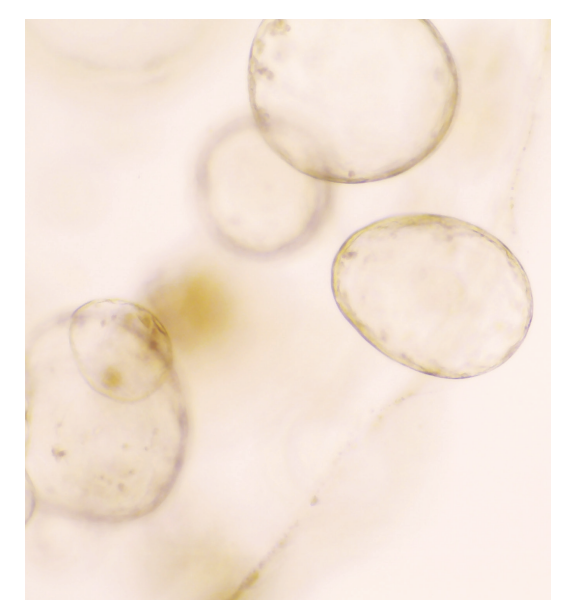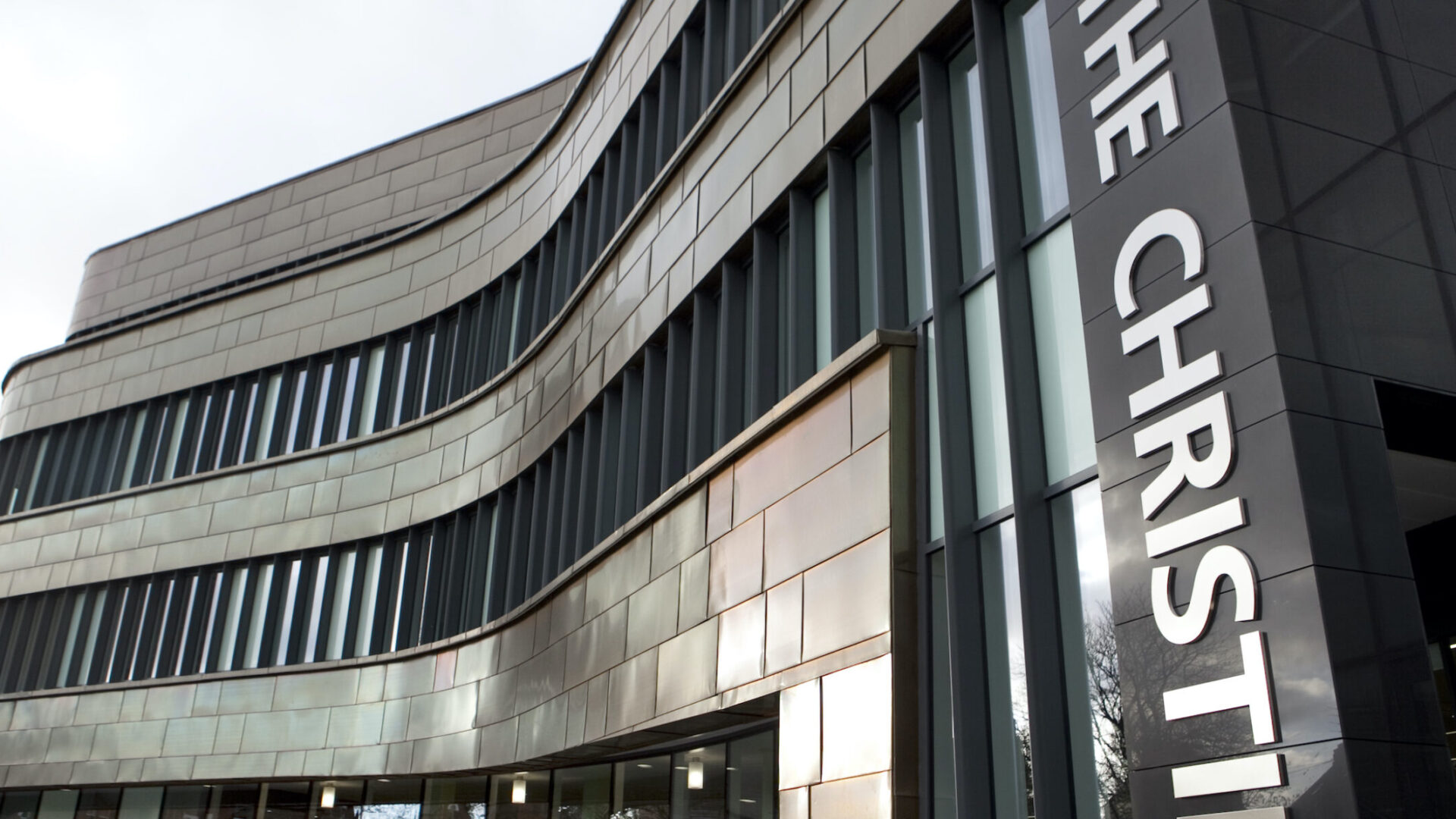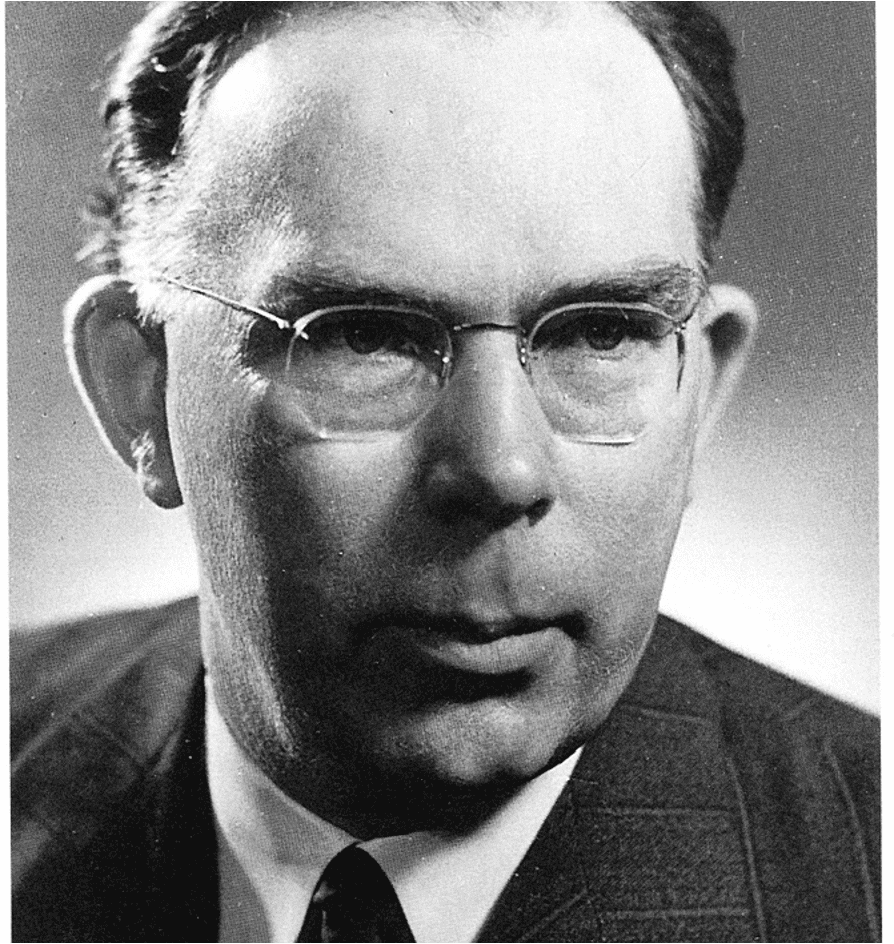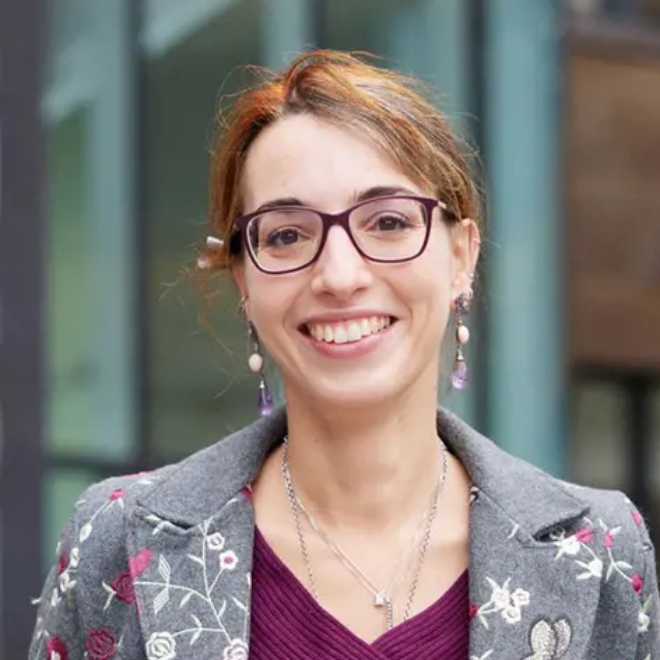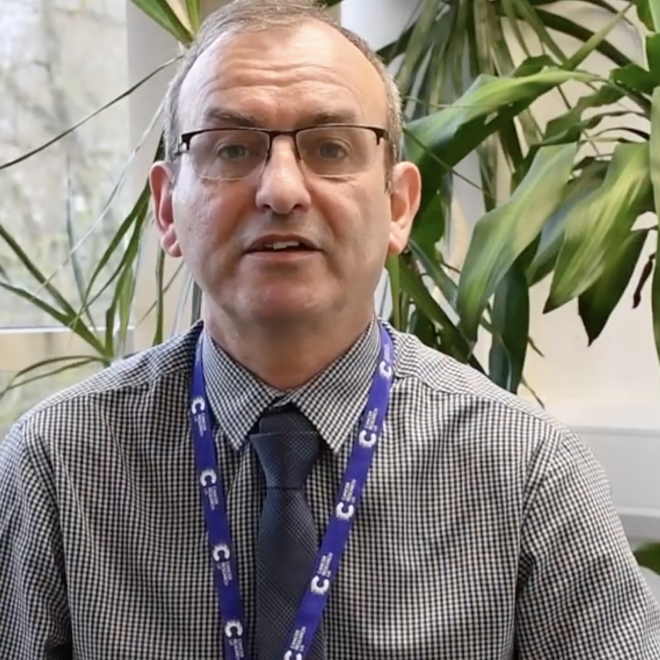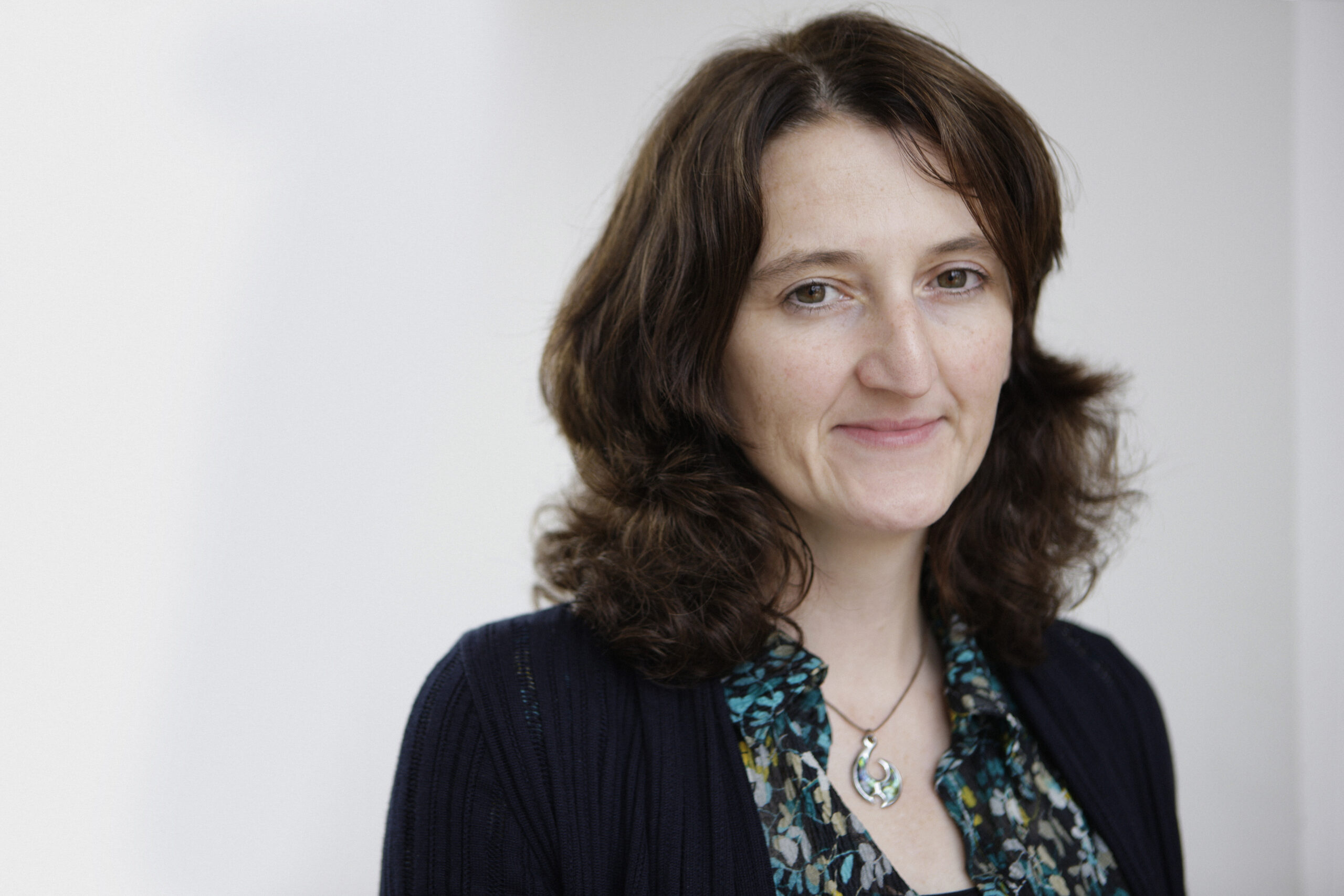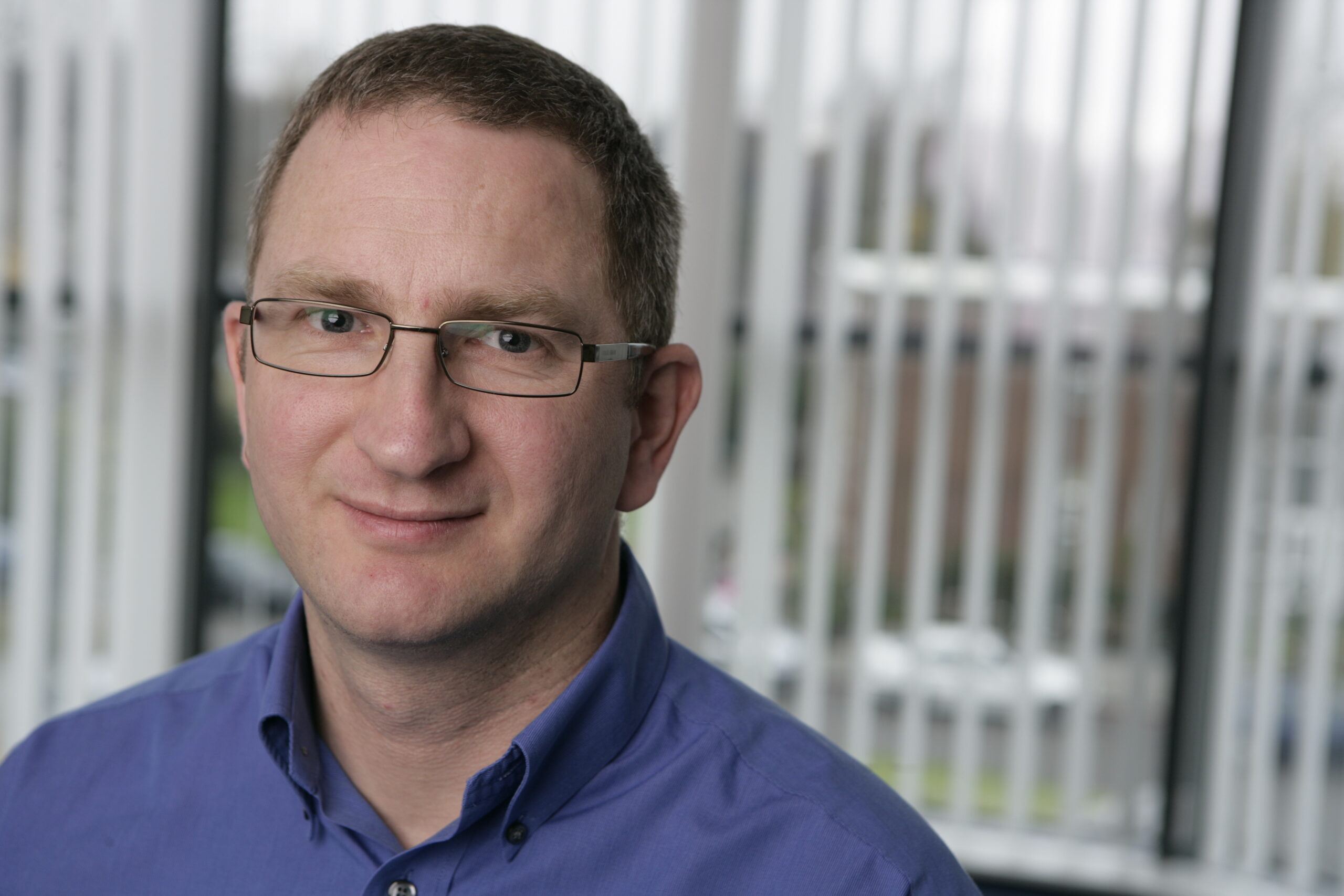The Christie Hospital is the largest single site cancer centre in Europe and the first UK centre to be accredited as a comprehensive cancer centre.
They treat more than 60,000 cancer patients a year, including over 15,000 new patients.
As an Institute, we have clinician scientists who undertake clinical sessions with patients every week at the Christie Hospital. Our strengths in blood cancer research, for example, is enhanced by this reciprocal relationship between scientist, clinical staff and patient.

Example of how successful synergies between basic and clinical research can work
Haematological cancer research
The breadth and depth of clinical and non-clinical research in haematological cancers has significantly increased in strength in Manchester over the last few years. For the first time these groups are collocated on one site, undoubtedly promoting even greater collaboration and free flow of ideas.
On Floor 5 of the Paterson Building grouped together are Leukaemia Biology, led by clinician scientist Tim Somervaille, with Leukaemia Immunology and Transplantation, headed by Institute Fellow Mark Williams, and Stem Cell Biology, run by Senior Group Leader Georges Lacaud. Also on this floor are Kiran Batta and Clinician Scientist Dan Wiseman from the Division of Cancer Sciences, who both focus on haematological cancer research. Working alongside each other in this shared space facilitates discussion around their connected interest in blood cancers.
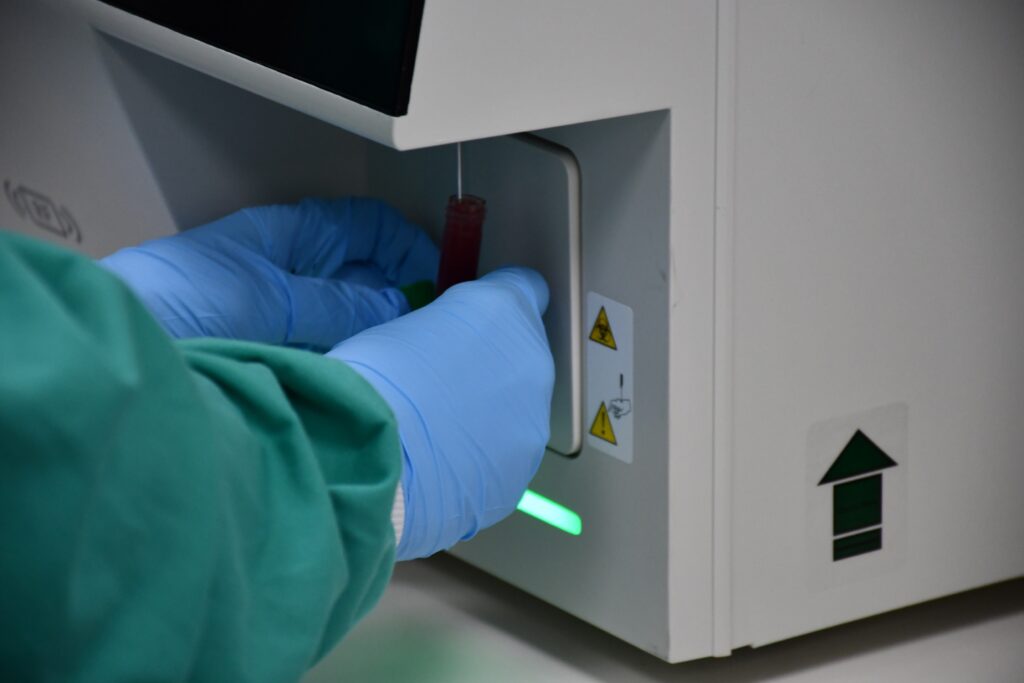
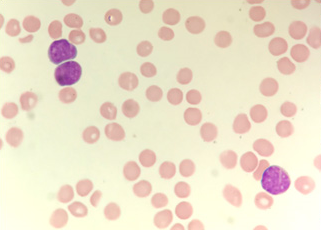
Two of our Clinician Scientists, Tim Somervaille and Mark Williams, are both Honorary Consultants at the Christie NHS Foundation Trust, where they treat patients with blood cancers.
Tim leads the Leukaemia Biology group at the Institute and his scientific and clinical research interest is in myeloid cancer, including acute myeloid leukaemia and the myeloproliferative disorders with the aim to identify candidate therapeutic targets for development through to the clinic.
Mark, an Institute Fellow, leads the Leukaemia Immunology & Transplantation group and undertakes clinical practice in stem cell transplantation. His goal is to elucidate the mechanisms of immune evasion and devise novel therapeutic strategies to treat or prevent leukaemia recurrence.
Our vision for world leading cancer research in the heart of Manchester
We are a leading cancer research institute within The University of Manchester, spanning the whole spectrum of cancer research – from investigating the molecular and cellular basis of cancer, to translational research and the development of therapeutics.
Our collaborations
Bringing together internationally renowned scientists and clinicians
Scientific Advisory Board
Supported by an international Scientific Advisory Board



